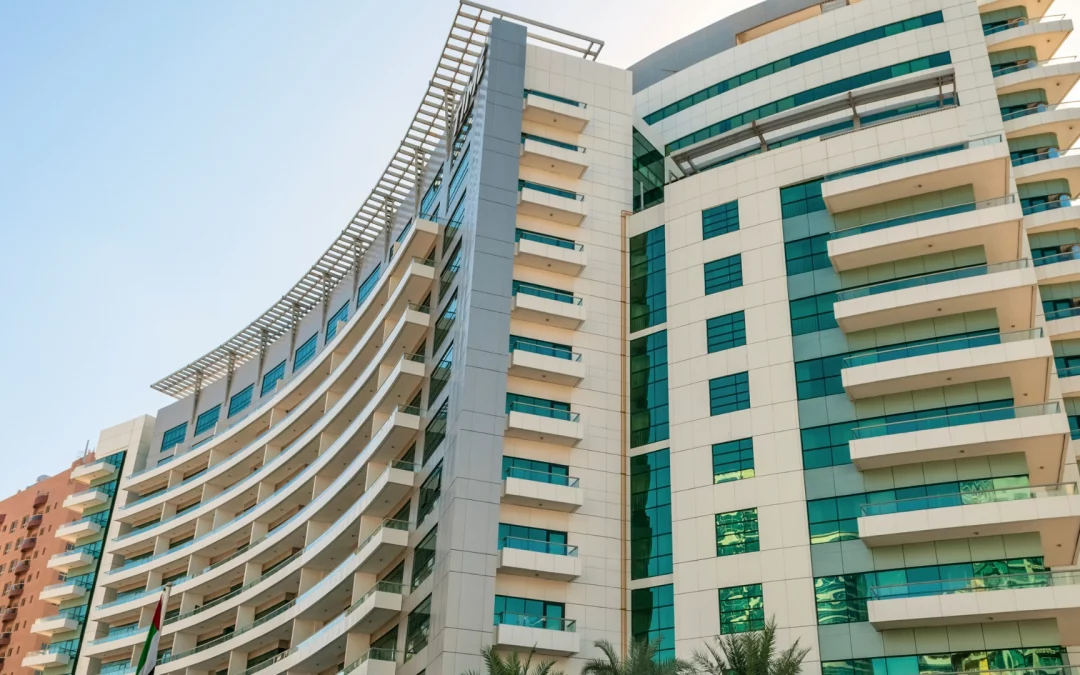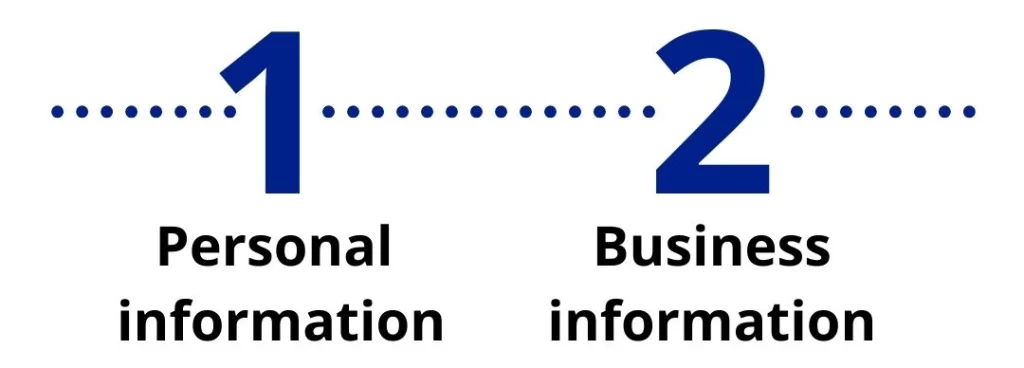With rising energy costs and environmental concerns, energy consumption in hotels is a major issue. Improving energy efficiency and taking advantage of energy conservation technology can drastically reduce overall energy use and costs.
Hotels can reduce their overall energy costs by 20% by using basic energy efficiency practices. If a hotel regularly services their heating boilers and manages their ventilation and air conditioning systems they can reduce their monthly energy expenses another 10%.
10 Energy saving tips for hotels
Energy management and saving solutions can be utilized in many areas of a hotel from lighting to central cooling and heating. The following energy management and saving tips will help decrease expenses and increase profits:
1. Smart climate control
The Internet of Things (IoT) has made it possible for all buildings, including hotels to adopt smart technology. This allows you to not only save energy but also reduce the energy use of heating and cooling your building by installing smart thermostats and sensors. This way you can regulate different areas of your hotel automatically based on your settings. Real-time sensors can detect room occupancy changes, saving you more money on lighting, air conditioning, ventilation and heating (HVAC).
2. Ensure pipework is insulated
Get the pipework that leads into the common areas and units inspected. If any of the pipes are not insulated, get them insulated. This keeps the pipes warmer and reduces the need for reheating water.
3. Make sure to repair leaky taps
Leaky taps are another cause of hot-water energy waste and can be very wasteful if the problem is widespread throughout your hotel. Inspect the taps in each unit to ensure they work correctly and repair or replace any that don’t.
4. Switch to LED lighting
LED lighting has become many times cheaper and efficient in recent years and businesses in every industry are taking advantage of this. Here are the top benefits of LED lighting:
a. LED lights are up to 90% more efficient than their counterparts, meaning they use significantly less energy to light up your hotel.
b. LED lights last much longer than their counterparts, in some cases 8 times longer. Since LED lights last so much longer you save on lighting replacement and maintenance costs. As a note LED lighting does not require a ballast so that cost is completely eliminated.
c. LED lights produce much less heat making them less of a drain on your cooling system.
5. Limit air conditioning settings
When temperatures are moderate a/c can waste electricity. To prevent this unnecessary use, keep your a/c off until temperatures are 75 or higher. Also ensure your thermometers are properly calibrated to avoid incorrect settings.
6. Take advantage of air source heat pumps
Air source heat pumps (ASHP) are a great way to save additional money on HVAC costs. ASHPs make it possible to transfer heat from outside your hotel to inside it (or vice versa). They work by using vapor compression to capture heat from one area and releasing it into another. AHSPs can be utilized in various areas in your hotel to heat or cool the space and in turn, reduce reliance on a central HVAC system.
7. Install light sensors
Lighting that is left on around the clock unnecessarily can be a significant increase in your hotel’s energy bill even if your hotel is regularly filled to capacity. Install daylight and occupancy sensors throughout the building this way, lighting in areas that aren’t being used can be turned off.
8. Smart water management
When considering that a single leaky toilet can cost $840 a year, not including any water damage, energy management in the hotel industry is very important. By monitoring water lines with low-cost smart water meters, you can save a significant amount every year. Hotels can see a return on this investment in less than 5 years.
9. Consider solar panels
With the recent advancements in solar panel technology and many states having financial incentives, installing solar panels can save your hotel a fair bit of money every year.
10. If your state has energy deregulated, take advantage of it
One of the easiest and best ways to lower your energy bills is to simply get a better rate. If your hotel is in a deregulated state, you can choose who supplies your hotel electricity and natural gas. Getting a fixed rate can not only reduce what you are paying per therm and kWh, it will protect you from the volatile energy market.
Consumer Energy Solutions has been in business for over 22 years and works with many hotels all over the United States. Get a Free Quote and see how we can help your business lower its energy cost.
7 Best Energy Practices for Hotels
1. Set limits to your heating system
It’s very common for hotels to waste energy by simultaneous use of heating and cooling systems. Preventing this from happening is quite simple, deactivate the heating whenever the temperature reaches 70 F. Hotels can usually set areas in the back of the building lower than the front.
2. Monitor heating in common areas and units
Overheating a hotel around the clock is one of the most wasteful things hotel managers do. This can be especially bad in corridor areas and in the units. To use less energy, reduce heat in these areas to between 66 and 70 F. Guests will adjust the temperature in their rooms to their preference, so having a mild default temperature will use less energy.
3. Install spray faucets
Spray faucets will significantly reduce the amount of water used in sinks and showers. Spray faucets also conserve energy as less hot water flows through them.
4. Limit hot water settings on hot water tanks
Keeping hot water tanks around 140 F will conserve a significant amount of energy, while still being hot enough for your guests to enjoy a comfortable shower.
5. Perform maintenance on your fridges regularly
Fridges and freezers can be a huge source of energy use. Making sure to defrost fridges, inspect seals, and clean out evaporators and condensers regularly can save quite a bit of money.
6. Consider automatic shutdown sockets
Devices that are connected to power but aren’t in use are often overlooked. Throughout your hotel you could have devices plugged in on standby or energy save modes and not in use. These devices are unnecessarily using electricity. A simple solution to this problem is to install automatic shutdown sockets, which turn off energy supply to inactive devices.
7. Take advantage of predictive monitoring
Predictive monitoring uses smart technology to monitor the performance of major systems. Each system’s ongoing performance is tracked. As time goes on and equipment deteriorates, predictive monitoring alerts you of changes in performance quality. This way, you will know when your major systems, like HVAC, are showing signs of fatigue.
This also allows you to budget for maintenance more accurately as you will know when a system needs to be serviced.
Looking to get lower energy rates? Get a free quote today!



